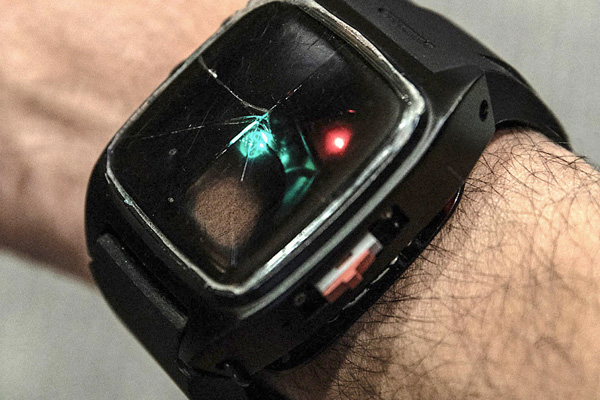Time to Live –
DEC. 28.18 – “Imagine having a friend who is always watching for signs of overdose; someone who understands your usage pattern and knows when to contact [someone] for help and make sure you get help,” says Rashmi Kalkunte, a software engineering student at Carnegie Mellon University in Pittsburgh. “That’s what the HopeBand is designed to do.” The team has yet been unable to test the device in real-world situations, but says lab-based trials on simulated inputs paint a positive picture for its ultimate application — and that in the future it hopes to incorporate features that address the addiction aspect of opioid use, as well as overdose prevention.



